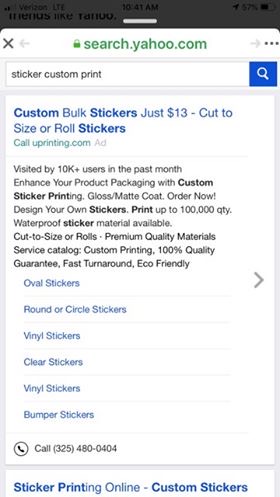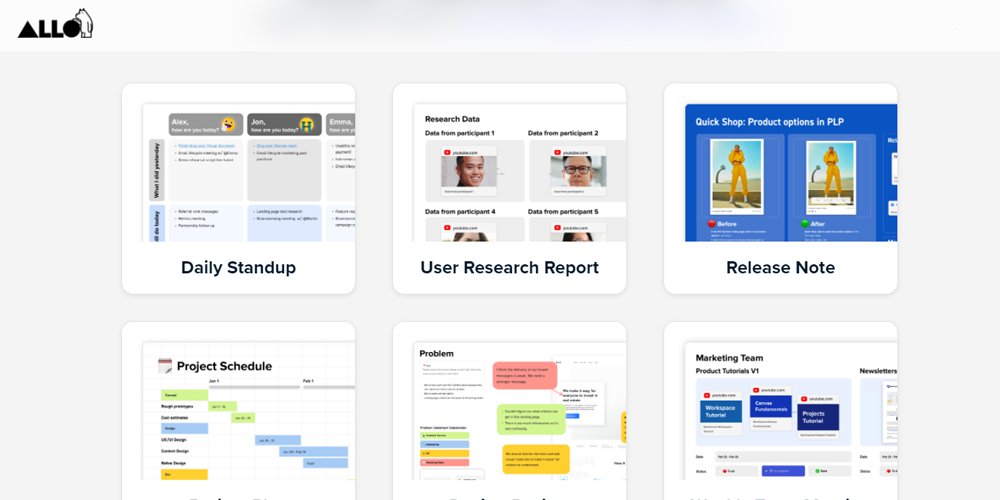In the early years of the Internet, before Google became synonymous with the term “search engine”, the Internet was a vast space, booming with new businesses focused on leveraging the new tech. You may even be familiar with some of the key players like AOL, SBC Global, and Nexus, which debuted their first search engine in the 90s. But there’s another big name we haven’t mentioned yet – one that was once a giant – Yahoo (Yahoo! Inc.).
Yahoo was started in 1994 when two Ph.D. candidates, Jerry Yang and David Filo, were looking for an easier way to find websites and to keep track of their favorite pastimes on the Internet. When they couldn’t find a tool that did what they wanted, they decided to make it themselves. The first iteration of their website was simple, with categorized links to various pages related to art, business, education, and so much more. It was less of a search engine and more of a central hub to find news and information on special-interest topics – much like a newspaper.
It didn’t take long for Yahoo to start getting some serious attention from users and potential partners. In the fall of 1994, the company had its first million-hit day, with about 100,000 unique visitors. After that, Yang and Filo saw the need to bring on new team members (executives, primarily) and to start raising some capital. So, they brought on Tim Koogle (of Motorola) as the Chief Executive Officer and Jeffrey Mallett (founder of Novell’s WordPerfect consumer group) and by 1996, they had 49 employees and $33.8 million in funding.
In 2017, Verizon purchased the company’s one-time web portal, and its assets, for $4.48 billion. By this time, they owned AOL, too, which they eventually merged with Yahoo, creating a new entity called Oath. Verizon had a lot of work to do, continuing to invest in existing properties, and promising loyal users that they wouldn’t lose any of their favorite tools.
Fast forward 20+ years and the company has seriously petered out. It even lost its name when it sold its assets to Verizon, leaving the remnants of what was once Yahoo with a new name and mission. The company was renamed Altaba and turned into a closed-end management investment firm. But in October of this year, the company filed a Certificate of Dissolution, meaning they’re closing their doors as a legal business entity.
As with many company closures, Altaba liquidated their remaining assets, such as their Alibaba shares.
Now that the company is gone, all we have left of the Yahoo name is what Verizon has made of it. It continues to be an email provider and news portal for many, but how does its search engine stack up against current search big-wigs like Google and Bing? According to StatCounter, Google is the most-used search engine (no surprise here), with 92.6% of searchers using their search tools.
After that is Bing, which accounts for 2.44% of searchers, and finally, Yahoo, with a mere 1.86% of searchers using the site to find their engine results. Compared to its early successes, the amount of people using their service now is a total drop in the bucket compared to what it was like in its heyday, so it’s no surprise that they’re now actively advertising to get more business. But the way they’re approaching it is certainly a little odd.
Yahoo has begun to retarget people who are searching for specific products. Now, retargeting is a very popular marketing strategy for brands and services, but typically, what you’re being retargeted for makes perfect sense. As an example, let’s look at the branded stickers I was on the hunt for a couple weeks ago. I had already completed my search and purchase with Sticker Mule when I decided to take a break and head on over to Instagram. While scrolling through my feed, I noticed an ad from Yahoo.
I was a little surprised, as I haven’t seen a Yahoo ad in many years, so I took a deeper look. Turns out, they weren’t just targeting me as a search user, but they were actually re-targeting my need for stickers and using it to try to get me to use their search engine to find my stickers. Here’s a quick look at their ad:

Then once it is clicked, you are taken here.

When it comes down to it, it feels like the company is grasping at straws to get searchers to use their engine, but is this their final plea for attention? Only time will tell.
Rachael Olan is a Texas-based Staff Writer at The American Genius and jack-of-many-trades. She's well known for her abilities in Marketing, Sales, and Customer Service, with a focus on SaaS and eCommerce businesses. Outside of writing, Rachael spends much of her time with her swarm of pets, including a 70 lb tortoise named Frankie.










































